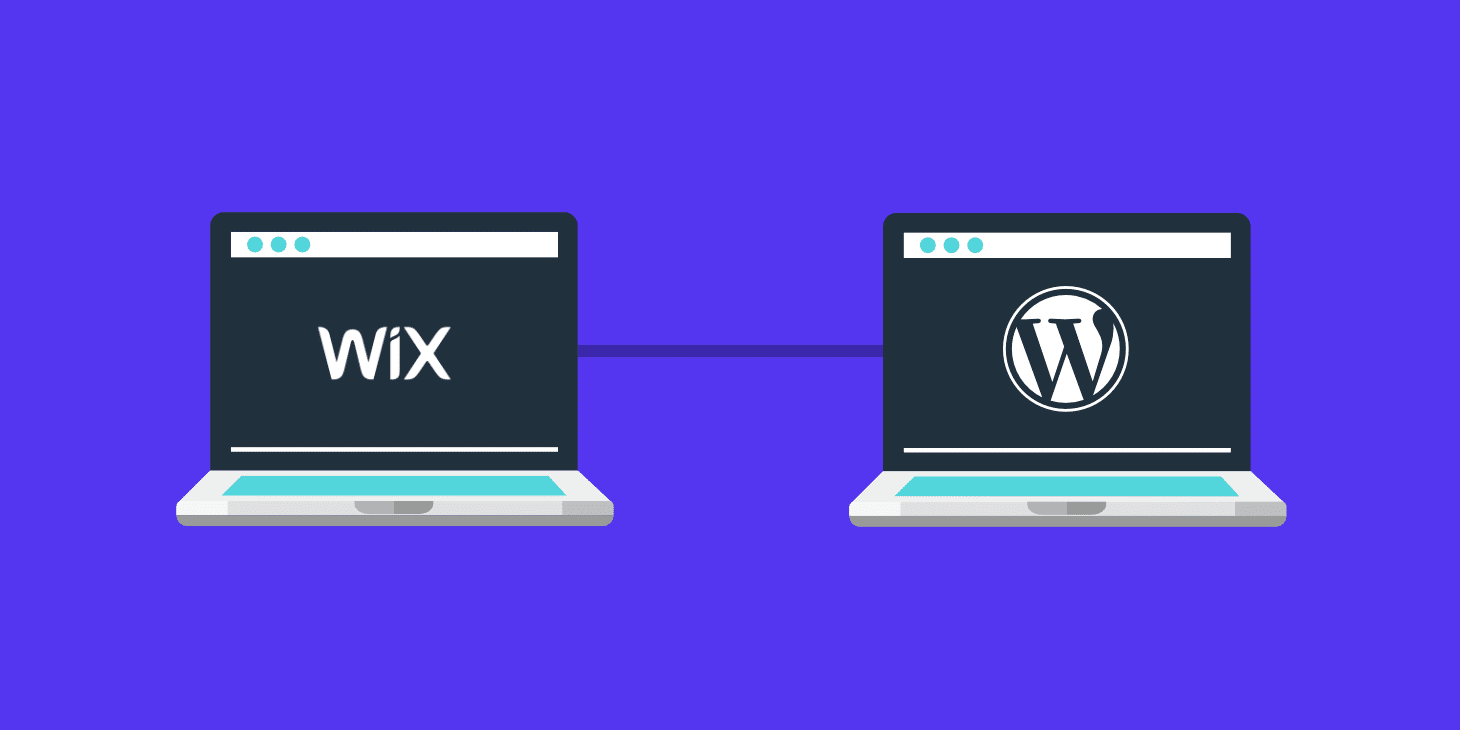Differences between Wix and WordPresswhat are the main differences between these two platforms.
Opening a website is an indispensable factor in getting a company's business off the ground on the web. The web is the main stage for a brand that wants to grow and expand its sphere of influence anywhere in the world, thus attracting the attention of millions of users.
Whether you are a company, a freelancer or a neophyte wishing to interface in the online sector, you need to choose the platform best suited to your purposes. WordPress is undoubtedly the most widely used platform in the world, due to its ease of use even for those with no particular expertise in the field. At the same time also Wix is attracting a certain amount of interest, which has grown further as a result of the blanket promotion on the web and in the major national media. Consequently, determining which option is ideal can be quite complicated. Here, then, are the differences between Wix and WordPress and why they prefer one choice over another.
Differences between Wix and WordPress
Wix and WordPress are the most attractive solutions when it comes to setting up a website quickly and easily. However, users are often unable to determine which is the best alternative, especially taking into account their own needs. Analysing what distinguishes them is fundamental to understanding which one is most akin to one's own business idea, so as to later reap the benefits of the work done.
The first difference, as already mentioned, is the number of users using these services. For every 100 sites on the web, at least 25 are made with WordPress, not by chance the world's most widely used open source platform. For Wix, the numbers are nowhere near comparable, with a statistical value of less than 3 per cent, but it is clearly growing strongly. Obviously the differences between Wix and WordPress certainly do not stop there.
What is the best solution?
Here are the points that fuel the differences between Wix and WordPress:
- Hosting
- Domain
- Predefined templates
- Plug-in
- Management
- Customer Service
WORDPRESS: domain registration is an essential step, including the provision of hosting space. It only takes a few tens of euros to rely on a serious and qualified provider, with very advantageous solutions visible on this page. Templates, as well as plug-ins, are in their thousands on this platform, allowing a customisation according to one's own standards and the type of service concerned. Free plug-ins for the e-commerceso as to start selling the products or services to consumers.

The platform also allows total freedom of administration, with the option of downloading the various releases at one's own discretion. Moreover, in the event of problems, finding a solution is quite elementary, thanks to an extensive community of developers who over the years have developed a myriad of ad hoc information.
WIX: includes the hosting plan. However, for more capacity, a subscription is required, with fixed monthly fees. The customised domain is also charged for; the sub-domain is free of charge.
The models of templates are in their hundredsmany of them free, but not editable. After payment of money, the opening of an e-commerce is also possible. Compared to WordPress, however, there is an official customer service, ready to respond by e-mail or telephone communication. There is no lack of special guides with very useful tutorials to get to know and resolve doubts about the various functions of the platform.
What to choose between Wix and WordPress?
Given the differences between Wix and WordPress, the leadership of the latter is undisputed. Among the advantages we have site customisation, templates and thefree e-commerce openingas well as the presence of a decades-old community from all over the world, which is helpful in optimising the use of this solution.
Nonetheless, Wix is one of the best alternatives, with a very attractive interface and almost negligible site maintenance management.







